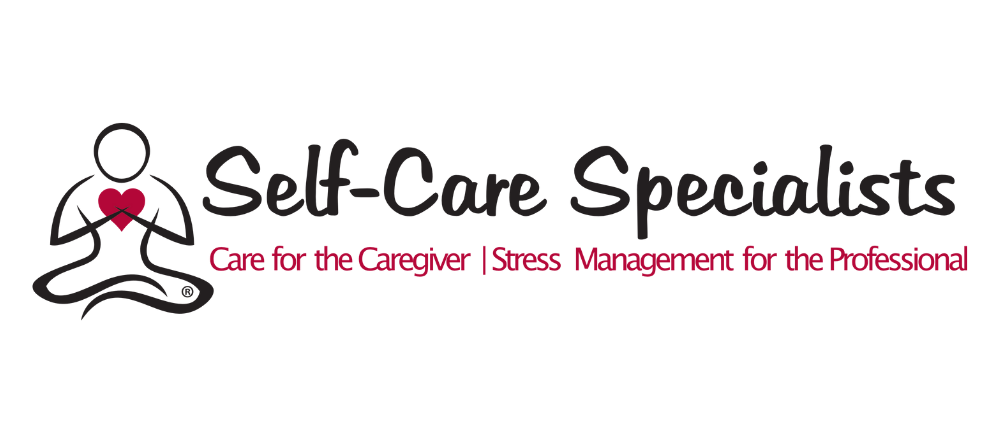Secondary Trauma and Self Care
Maintaining high levels of compassion and empathy required by caregiving professionals can be difficult, given the intensity and high demands of the work. Professional caregivers, including but not limited to: mental health professionals, medical practitioners, first responders and animal caregivers are exposed to the traumas of the clients they serve. This indirect exposure to graphic material can be through hearing the stories told by clients/patients or by assisting them during or immediately following a trauma, such as during a life-threatening emergency or in the emergency room, for example.
Research has been done to verify that caregivers are at high risk of experiencing symptoms of secondary trauma. Professional caregivers studied include, but are not limited to: social workers, child welfare workers, substance abuse counselors, domestic/sexual violence social workers, emergency room nurses, hospice nurses, juvenile justice education workers, firefighters and chaplains working following the events of 9/11 in New York City.
Self-Care has been identified, through research, as the greatest prevention of experiencing the negative effects of secondary trauma. It is the intention of Self-Care Specialists to provide progressive training for professional caregivers that creates awareness regarding secondary trauma injuries and to teach effective stress management tools as prevention. It is important for professional caregivers to take optimal care of themselves in order to maintain resiliency and the ability to provide superior service to those clients who trust and rely upon us to assist with their needs.

